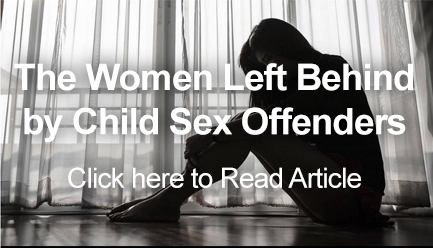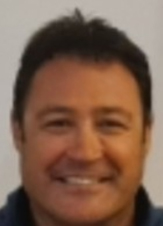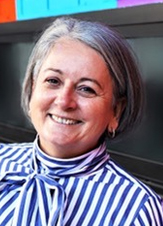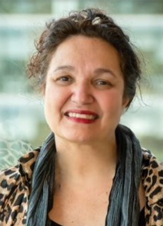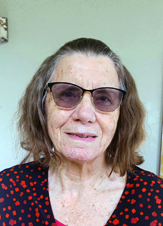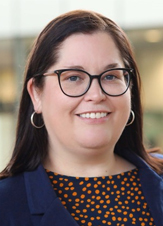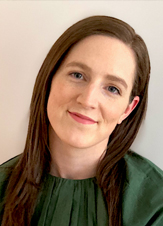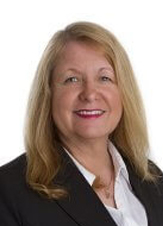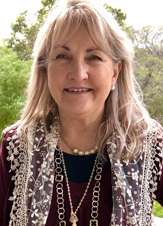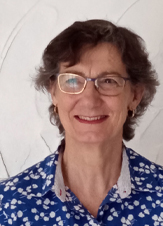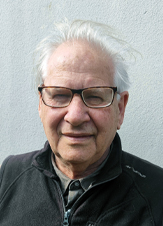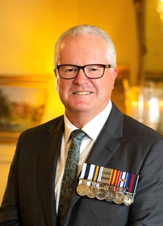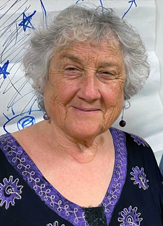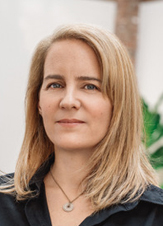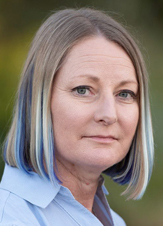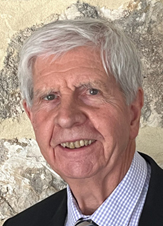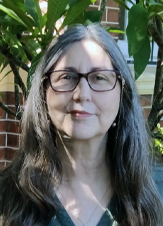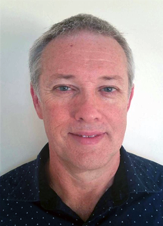TREATMENT AND SUPPORT FOR FAMILIES WHERE CSA IS AN ISSUE
Treatment for People Who Have Harmed or May Harm
NEXT TREATMENT GROUPS
SafeCare has two Men’s Treatment Group in Perth and an Online Group underway.
These groups are closed to new participants.
To be considered for entry into the next treatment group which will commence in mid 2025, please register your interest by completing the online form below or by downloading the pdf Application Form and emailing it to admin@safecare.org.au.
For more information contact Christabel Chamarette by email: cchamarette@gmail.com or phone: 0431 925 860
This community-based specialist group treatment program for men addresses the issues relating Problematic Internet Use (PIU) and/or charges of Child Exploitation Material (CEM) and internet crime as well as the treatment of those who have sexually offended against a child or are at risk of doing so.
The 20-30 session program is designed to cover victim empathy training, childhood issues, relapse prevention strategies and positive sexuality. Internet and child pornography offending are also dealt with as a preventive intervention. The program is based on a distillation of the SafeCare treatment program and the research into problematic internet use (PIU) as described in Elliott & Beech (2009) Understanding online child pornography use: Applying sexual offence theory to internet offenders.
COURSE CONTENT AND THERAPEUTIC APPROACH
Module 1: INTRODUCTION –Psycho-Educational approach
The participants are assisted to recognize the sexually abusive nature of their behavior in relation to children, and to accept responsibility for it. The group also provides support for the men, most of whom are facing major upheavals in their lives. The topics covered include:- What is Child Sexual abuse and why Internet offending and viewing child pornography are treated as indicators of risk to children; sexual addiction; cognitive distortions – e.g., rationalizations, minimizations and denials; factors which may have led to the offending, the effects of sexual abuse on victims and other family members as well as coping skills needed during a crisis. This module draws on Finkelhor’s Precondition Model of Sexual Offending.
Module 2: CHILDHOOD ISSUES – Psychodynamic/Developmental approach
This module recognizes that many men who have offended have themselves had a traumatic or damaging childhood that has blocked their emotional development. We believe it is vital for men to heal from the effects of their own childhood trauma if they are to fully accept responsibility for their actions. This module enables offenders to examine childhood issues that have impacted on their lives and also teaches them skills to help restore the inner child, enabling them to mature emotionally.
Module 3: EMPATHY –Psychosocial/RoleModeling – Gestalt, Art and Drama
The work in this module is primarily experiential and builds on the self-knowledge gained in Childhood Issues. Participants are introduced to the concepts of personal rights and boundaries using aspects of gestalt therapy to elicit some of the painful feelings and emotions which may have been suppressed. Accessing their own painful emotions from childhood is essential for the development of empathic understanding of children in general and victims of child sexual abuse in particular.
Module 4: RELAPSE PREVENTION /POSITIVE SEXUALITY – Mainly CBT
The relapse prevention and positive sexuality module initially focuses on identifying more clearly the risk factors associated with offending and on developing strategies to avoid high risk situations in the future. It has a very practical approach which provides participants with greater confidence and skills in preventing re-offending. The second part of the module focuses on developing positive, sexual relationships and healthy sexual attitudes and behaviors.
REFERENCES
Beech, A. R. & Fisher, D. D. (2002). The rehabilitation of child sex offenders. Australian Psychologist, Vol. 37 (3), pp. 206-214.
Elliott, I A & Beech A R (2009) Understanding online child pornography use: Applying sexual offense theory to internet offenders. Aggression and Violent Behaviour 14,180-193
Ward, T. & Stewart, C. A. (2003). The treatment of sex offenders: risk management and good lives. Professional Psychology: Research and practice. Vol 34 (4) pp. 1-8.
NEW ONLINE FOLLOW-UP GROUP
Tuesday 1 October 2024
Fortnightly – $10/week
The online follow-up group is designed for men who have completed the treatment program and are keen for ongoing support. This will include peer support as well as facilitator input. We will also discuss topics that are relevant to the men, such as disclosing to others, life on the register, updating relapse prevention plans, and processing difficult emotions. We meet fortnightly and ask participants for a $10 donation. For more information, contact David at (add his details).
IN-PERSON FOLLOW-UP GROUP
In-person follow-up group continues fortnightly.
Both groups open to anyone who has completed the Men’s Group Treatment Program
HISTORY
The group has its origins in the SafeCare Men’s Group Treatment program, which operated between 1989 and 2009. SafeCare Inc provided a family counselling service for all family members where child sexual abuse had occurred or was at risk of occurring. 700 families were treated over the 20 years it operated. It was clear from the continual requests for help received by Ms Chamarette, (as the former Clinical Director of SafeCare Inc) after SafeCare’s closure, that access to treatment for this problem was vital for those affected and their families, and so she set up this new group program as an adjunct to her private practice.
The first group treatment program commenced on 7 January 2010 in Fremantle and due to the high demand, it was decided to offer the program also through Shenton Park Psychology Services, the private practice of Mr. Peter Dunlop. There have been at least 2 groups running each year since that time.




